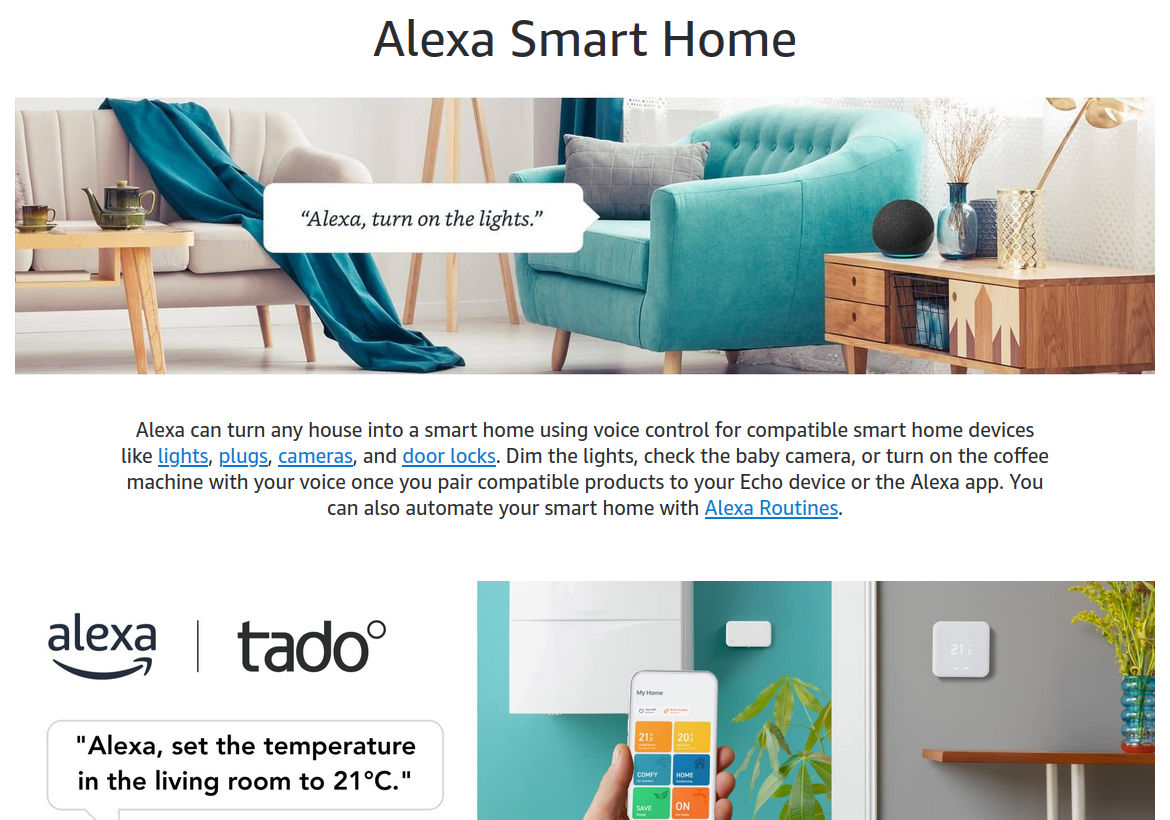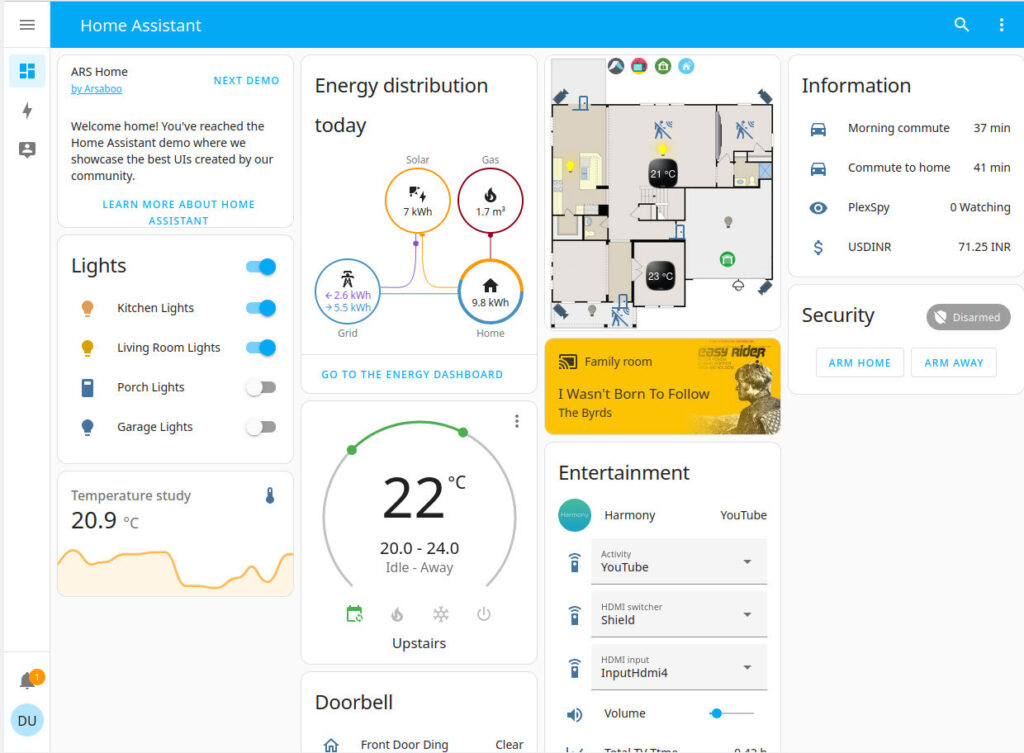Here is a telltale sign how the big, powerful internet giants believe they can rule the world. In the US, software engineer Brandon Jackson who works for Microsoft arrived home in one evening only to discover that his Amazon Alexa home automation system wasn’t functioning anymore. He couldn’t access his Amazon account, nor his files stored on Amazon’s cloud service. He could, however, make a phone call to the customer support. They informed him of an incident at his house the day before. Amazon deliveryman who visited his house reported hearing a racist slur at the door.
Just like that, the everything store decided to cut off online services for the customer who had trusted Alexa to assist his daily life. No questions, no requests for information, but an instant suspension of the account and therefore, his online services. In this case, the customer happens to be a tech professional, and has other systems in his house as well. A video recorded by one of his surveillance cameras showed the deliveryman wearing headphones, and turning back from the door. There was no one in the house at the time. Only a doorbell camera broadcast a recorded message: “Excuse me, can I help you?”.
A week later, Amazon re-opened Jackson’s account, and he could access the Alexa home automation system and his other Amazon cloud services. The everything store didn’t provide any explanation or an apology to him.
How is this possible? The customer has purchased products, paid for them, but was still thrown out from the cloud service that powers the home automation system he had. Does the Alexa Terms of Use document has anything to say about events like this?
Well, the Alexa Terms of Use bluntly says that Amazon can do whatever it wants, and the customer doesn’t have any other options but to agree.
“We may change, suspend, or discontinue Alexa, or any part of it, at any time. We may amend any of this Agreement’s terms at our sole discretion by posting the revised terms on the Amazon.co.uk website … [further down the document] … Your rights under this Agreement will automatically terminate without notice if you fail to comply with any of its terms. In case of such termination, Amazon may immediately revoke your access to Alexa without refund of any fees.”
The Terms of Use also kindly reminds that Amazon is not responsible if anything goes sideways:
“We do not guarantee that Alexa or its functionality or content (including traffic, health, or stock information) is accurate, reliable, always available, or complete. You may encounter content through Alexa that you find offensive, indecent, or objectionable. Amazon has no responsibility or liability for such content.”
In addition, the Terms of Use document points out that everything the Alexa system hears, sees, and reads is stored in Amazon’s databases, and more data is collected from customer’s other devices.
“Amazon processes and retains your messages in the cloud to provide you with the service, including speech to text transcription and vice versa, to provide additional functionality, and to improve the quality of our services. We also store your messages in the cloud so that they’re available on your Alexa app and select Alexa Enabled Products.”
Amazing! People actually pay for products like this. I am one of those people: I have paid quite a lot of money for Kindle ebooks. Sure enough, Kindle and Fire Tablet Terms tell me that because I have installed the Kindle ebook reading app, I have agreed to 7 other Terms of Use legal papers as well. One of them is the Alexa Terms of Use document.
There are plenty of alternatives for giant corporations
Open source software. It is the alternative to systems that are owned and controlled by large corporations. With systems like Alexa, Siri, or Google Home, the owner of a product or service tends to be the corporation, not a customer who has paid for it.
Software licensed as open source is yours to use, modify, and manage. If you can set up or ask someone to set up a home automation system for you using open source software, the entire system is really yours. No one can tell you what to do with it.
Open source gives you the power to do anything, but you have to know how. This is the point where Amazon Alexa beats competitive open source products – at the moment. Nonetheless, open source products are improving. For instance, one of the most popular and feature-rich open source home automation systems Home Assistant has produced a ready-to-run tiny server computer. You can either download the software, and set up a home system on a computer you own, or buy a low-cost hardware box where you can connect your smart devices.
On more thing about the Amazon account shutdown incident. When Louis Rossmann who has a popular Youtube tech channel learned about Jackson’s case, he recorded a video where he explained what had happened, and voiced his (critical) opinion about Amazon’s behavior. This didn’t please the mighty online store. It closed Rossmann’s Amazon Associates account that he had for 6.5 years.
Oh dear, hopefully Amazon doesn’t snatch my Kindle ebooks that I have purchased during the last 13 years.


